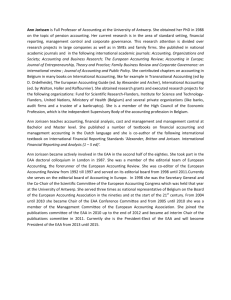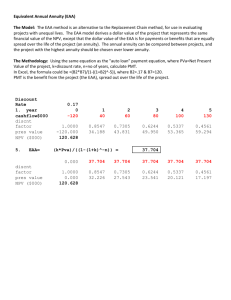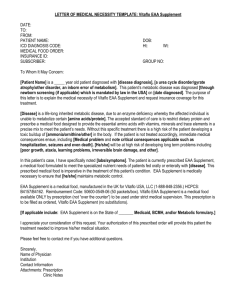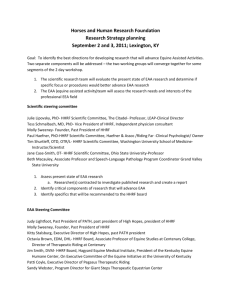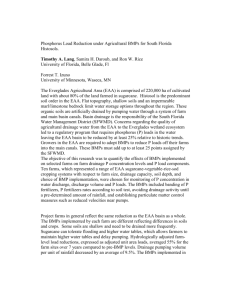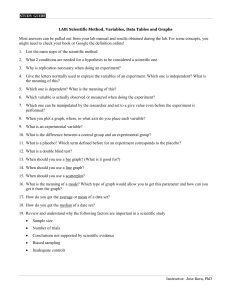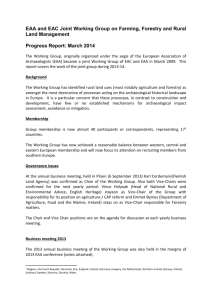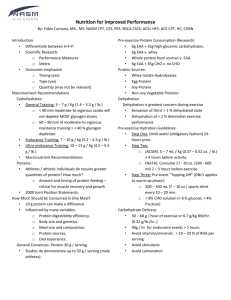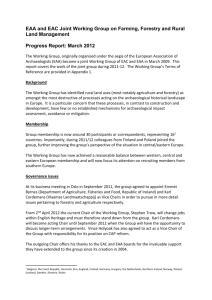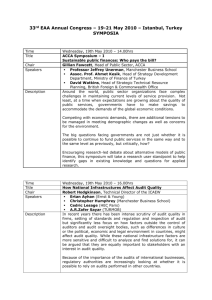mixed essential amino acids affords protection
advertisement
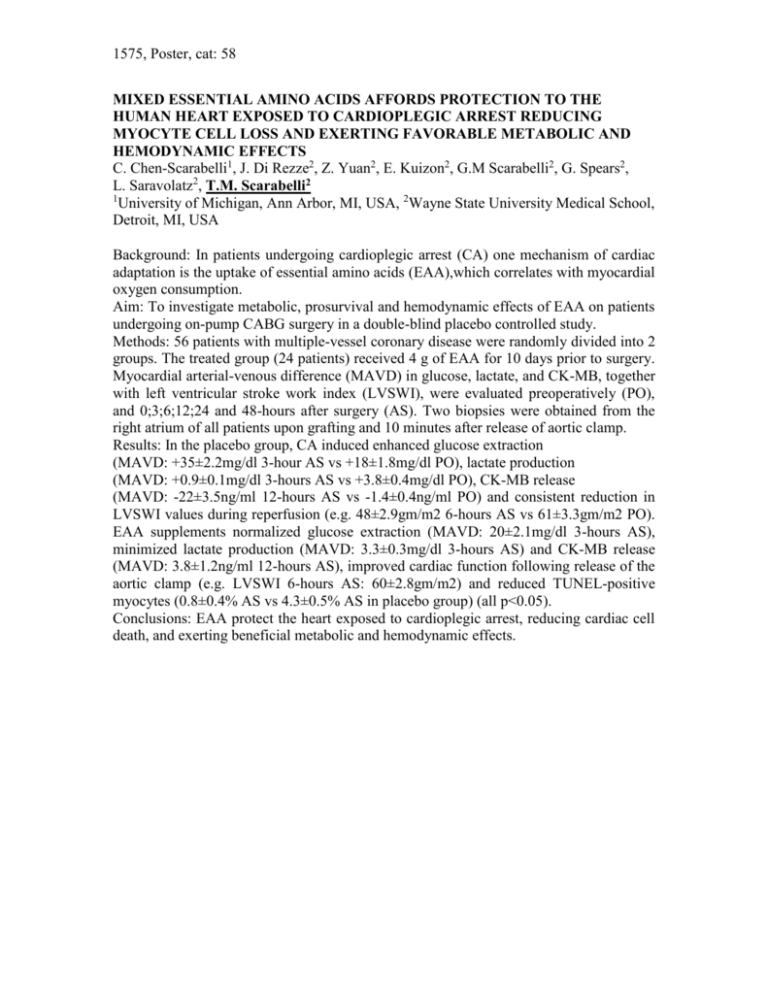
1575, Poster, cat: 58 MIXED ESSENTIAL AMINO ACIDS AFFORDS PROTECTION TO THE HUMAN HEART EXPOSED TO CARDIOPLEGIC ARREST REDUCING MYOCYTE CELL LOSS AND EXERTING FAVORABLE METABOLIC AND HEMODYNAMIC EFFECTS C. Chen-Scarabelli1, J. Di Rezze2, Z. Yuan2, E. Kuizon2, G.M Scarabelli2, G. Spears2, L. Saravolatz2, T.M. Scarabelli2 1 University of Michigan, Ann Arbor, MI, USA, 2Wayne State University Medical School, Detroit, MI, USA Background: In patients undergoing cardioplegic arrest (CA) one mechanism of cardiac adaptation is the uptake of essential amino acids (EAA),which correlates with myocardial oxygen consumption. Aim: To investigate metabolic, prosurvival and hemodynamic effects of EAA on patients undergoing on-pump CABG surgery in a double-blind placebo controlled study. Methods: 56 patients with multiple-vessel coronary disease were randomly divided into 2 groups. The treated group (24 patients) received 4 g of EAA for 10 days prior to surgery. Myocardial arterial-venous difference (MAVD) in glucose, lactate, and CK-MB, together with left ventricular stroke work index (LVSWI), were evaluated preoperatively (PO), and 0;3;6;12;24 and 48-hours after surgery (AS). Two biopsies were obtained from the right atrium of all patients upon grafting and 10 minutes after release of aortic clamp. Results: In the placebo group, CA induced enhanced glucose extraction (MAVD: +35±2.2mg/dl 3-hour AS vs +18±1.8mg/dl PO), lactate production (MAVD: +0.9±0.1mg/dl 3-hours AS vs +3.8±0.4mg/dl PO), CK-MB release (MAVD: -22±3.5ng/ml 12-hours AS vs -1.4±0.4ng/ml PO) and consistent reduction in LVSWI values during reperfusion (e.g. 48±2.9gm/m2 6-hours AS vs 61±3.3gm/m2 PO). EAA supplements normalized glucose extraction (MAVD: 20±2.1mg/dl 3-hours AS), minimized lactate production (MAVD: 3.3±0.3mg/dl 3-hours AS) and CK-MB release (MAVD: 3.8±1.2ng/ml 12-hours AS), improved cardiac function following release of the aortic clamp (e.g. LVSWI 6-hours AS: 60±2.8gm/m2) and reduced TUNEL-positive myocytes (0.8±0.4% AS vs 4.3±0.5% AS in placebo group) (all p<0.05). Conclusions: EAA protect the heart exposed to cardioplegic arrest, reducing cardiac cell death, and exerting beneficial metabolic and hemodynamic effects.

